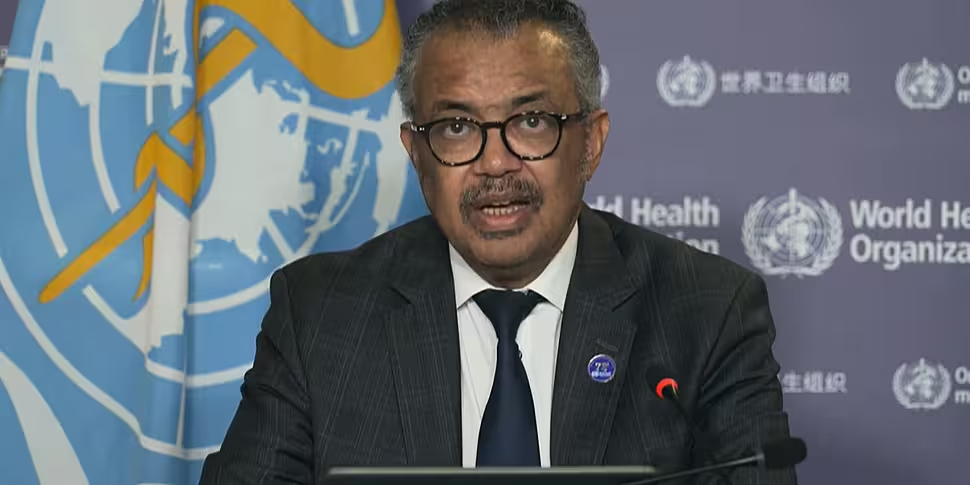The World Health Organisation has declared an mpox outbreak in Africa a 'global emergency'.
More than 14,000 cases have been detected in 13 countries on the continent and over 520 people have died from the virus.
Officials announced on Wednesday that an outbreak in the Democratic Republic of the Congo was now a "public health emergency of international concern".
The disease spreads through close contact with infected people, including via sex, with the latest outbreak in the continent beginning with the spread of an endemic strain known as clade I.
The new variant that has emerged, known as clade 1b, appears to spread more easily through close contact, particularly among children.
In the past month, about 90 cases of clade 1b have been reported in four countries neighbouring the Democratic Republic of the Congo that have not reported mpox before: Burundi, Kenya, Rwanda and Uganda.
Separately the Ivory Coast is experiencing an outbreak linked to a clade II strain.
The WHO says it is "actively collaborating with member states and partners" to strengthen surveillance and ensure early outbreak detection and control.
Four countries in Eastern Africa (Burundi, Kenya, Rwanda and Uganda) have reported their first #mpox cases. All cases sequenced from these countries are of the clade I strain. Separately, Côte d’Ivoire is experiencing an outbreak linked to the clade II strain.
WHO is actively… pic.twitter.com/lz0fQb5Vym— WHO African Region (@WHOAFRO) August 14, 2024
WHO Director-General Tedros Adhanom Ghebreyesus said the organisation is on the ground, "working with the affected countries, and others at risk, through our country and regional offices".
Others involved include the Africa Centres for Disease Control and Prevention and NGOs.
It is the second time in three years that the WHO has designated an mpox epidemic as a global emergency.
It comes amid a 160% increase in cases compared with the same period last year, while deaths have jumped by around 19%.
A milder version of the virus - clade II - spread to more than 100 countries in 2022, largely through sexual contact, prompting the WHO to declare a public health emergency of international concern.
 An illustration of a monkeypox virus outbreak. Picture by: Brain light / Alamy
An illustration of a monkeypox virus outbreak. Picture by: Brain light / AlamyCommon symptoms of mpox are a skin rash or mucosal lesions which can last up to four weeks accompanied by fever, headache, muscle aches, back pain, low energy and swollen lymph nodes.
Mpox is treated with vaccines and supportive care.
Currently, two WHO-recommended and approved vaccines are being used to combat the mpox virus.
Vaccines and therapeutics developed for smallpox and approved for use in some countries can also be used in some circumstances.
The virus was discovered in Denmark in 1958 in monkeys kept for research and the first reported human case of mpox was a nine-month-old boy in the Democratic Republic of the Congo in 1970.
Mpox can spread from person to person or occasionally from animals to people.









